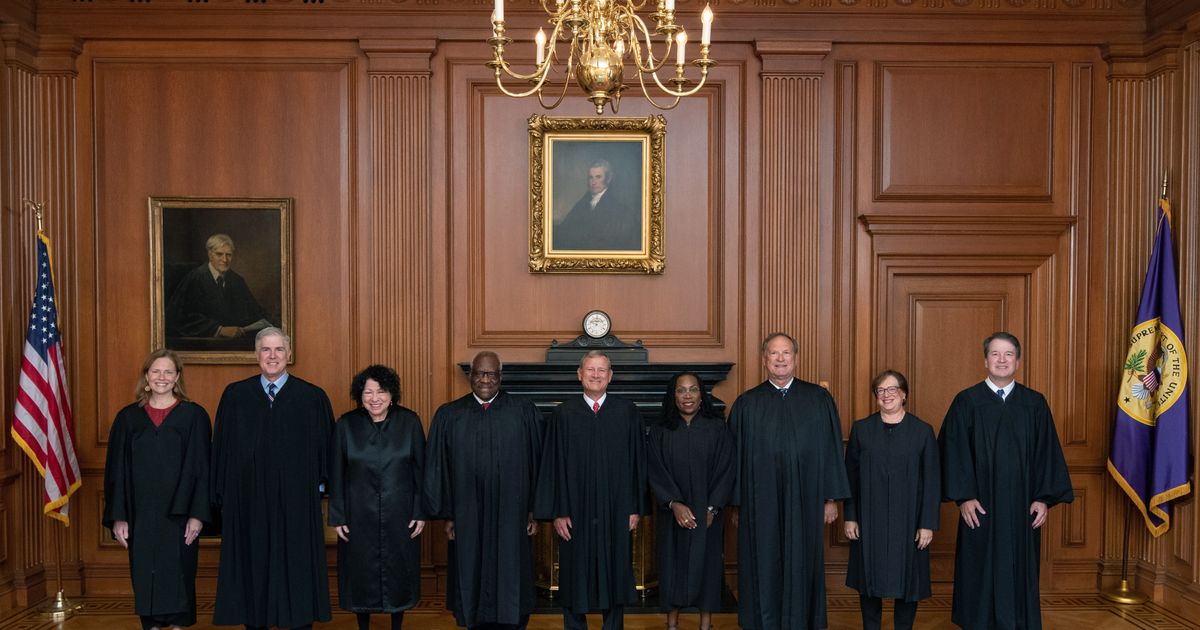
"When the Supreme Court first recognized a nationwide constitutional right to same-sex marriage in the 2015 case, Kim Davis didn't like it. So Davis — a county clerk in Kentucky who apparently saw herself as the interpreter and administrator of all laws — decided she had the right 'under God's authority' to refuse to issue marriage licenses. Davis should've been fired on the spot."
"The Kentucky county where Davis worked eventually resumed issuing same-sex marriage licenses (but allowed individual clerks not to sign the official forms if they personally objected). David Moore and David Ermold, a gay couple whose application had been denied by Davis, sued her and won $360,000 in damages and attorneys' fees, and an appeals court upheld the verdict. Now Davis has taken the opportunity of her loss to formally ask the Supreme Court to vacate that ruling."
"While the Court is statistically unlikely to take Davis's case, or any particular case - typically the Court grants certiorari (review) in only 2 to 3 percent of all cases presented to it - a curious procedural development indicates potentially heightened interest among the justices. After Davis filed her petition for review, Moore and Ermold chose not to respond. As Amy Howe explains for SCOTUSblog, parties sometimes take this tack for valid strategic reasons."
The Supreme Court recognized a nationwide constitutional right to same-sex marriage in 2015's Obergefell decision. County clerk Kim Davis refused to issue marriage licenses 'under God's authority' and was criticized for failing to perform official duties. The county later resumed issuing licenses while allowing clerks not to sign forms for personal objections. David Moore and David Ermold sued Davis, won $360,000 in damages and attorneys' fees, and an appeals court upheld the verdict. Davis petitioned the Supreme Court to vacate the ruling and asked the Court to reconsider Obergefell. The Supreme Court unusually ordered Moore and Ermold to respond to Davis's petition.
Read at Intelligencer
Unable to calculate read time
Collection
[
|
...
]